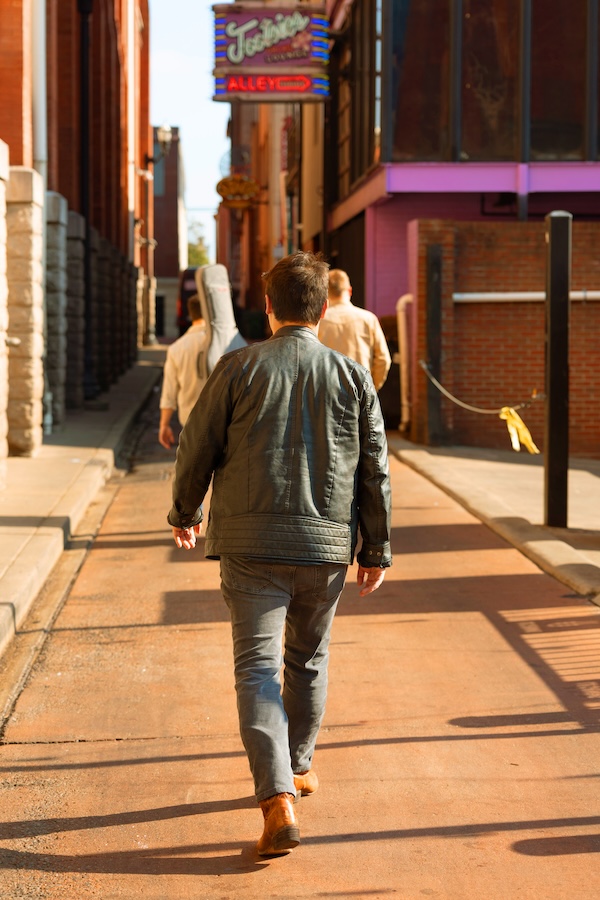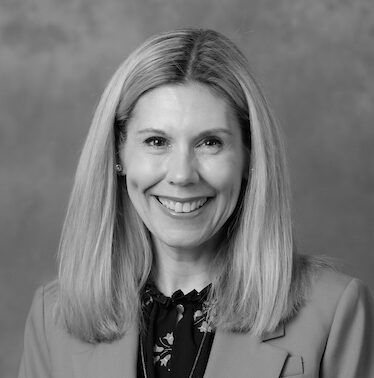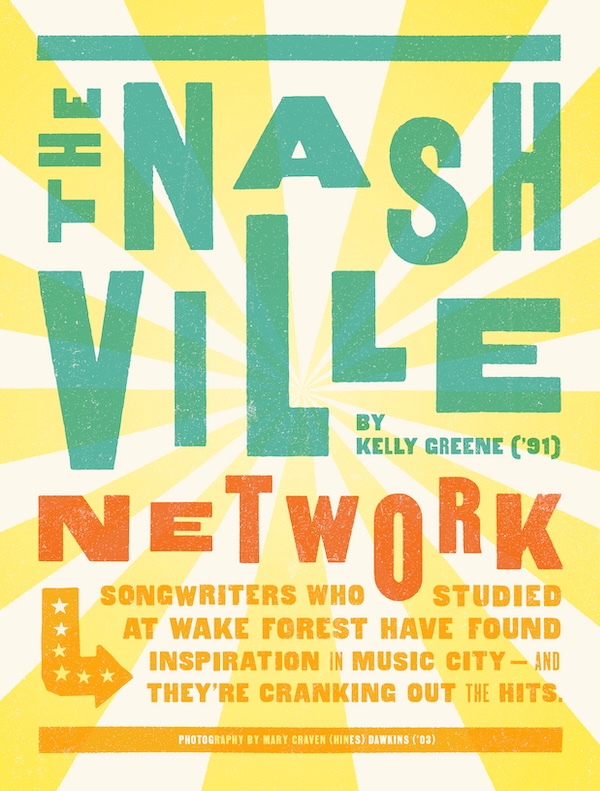
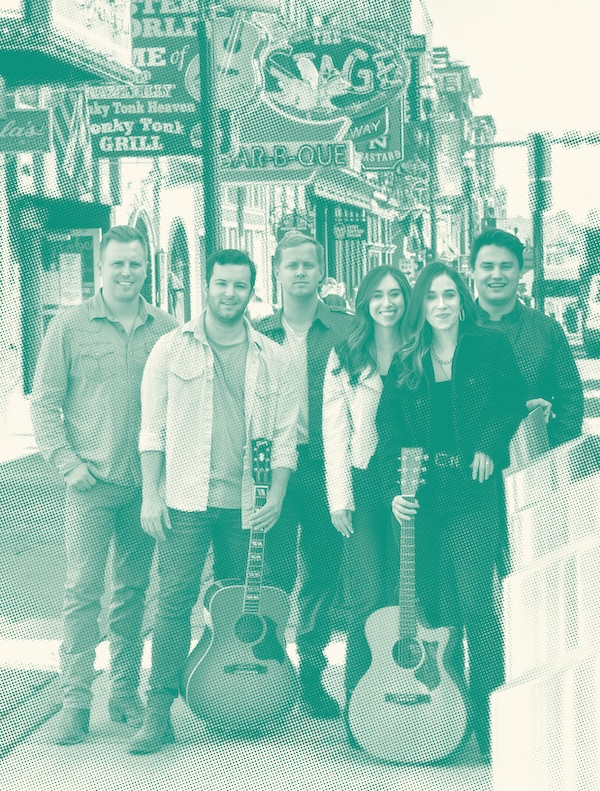
NASHVILLE, Tennessee — Across the street from a mural urging passersby to “Make Music Not War,” several flannel-clad songwriters in their 20s and 30s swap news about upcoming releases and tours over burgers and bourbon.
They are quick to reminisce about the outlandish dollar-stretching tactics they used when they first came to town — inviting themselves to Hampton Inn breakfast buffets, signing up for pizza-chain focus groups. They moved here with a goal of avoiding full-time jobs so they could stay ready for writing sessions at the music publishers lining Nashville’s Music Row.
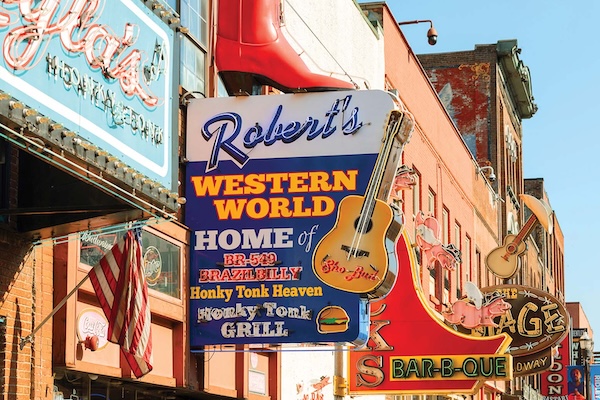
Everyone around the long table at Burger Up, a popular gathering spot in the buzzy 12 South neighborhood, has two places in common: Wake Forest and Nashville. It turns out that Dan Harrison Segall (’15) and Andy Albert (’08), who was a few credits shy of graduating when he left school to go on tour with his college band, were nearly neighbors when Segall came to town. They rented ramshackle houses on the same block, missing each other by just a few months. A few members of this crew have friendships dating back to essay writing and a cappella rehearsals on the Reynolda campus.
Now they have found one another in Nashville, where they congregate over drinks, occasionally write together — and, one night every February, host an all-Demon Deacon showcase at The Listening Room Cafe, a local songwriters’ venue.
Sharing that billing with Albert and Segall, who performs as Dan Harrison, are Hannah Hobbs Wolf (’14) and Lauren Hobbs Yakopin (’14), better known as The Hobbs Sisters; and Mark Sucoloski (’22), now touring as Mark Taylor. Charlie Januszewski (’17), or Charlie Brennan to Americana fans, is a late-breaking addition to the Nashville group, lured here by Nicolette McCann (’17), an up-and-coming artist manager.
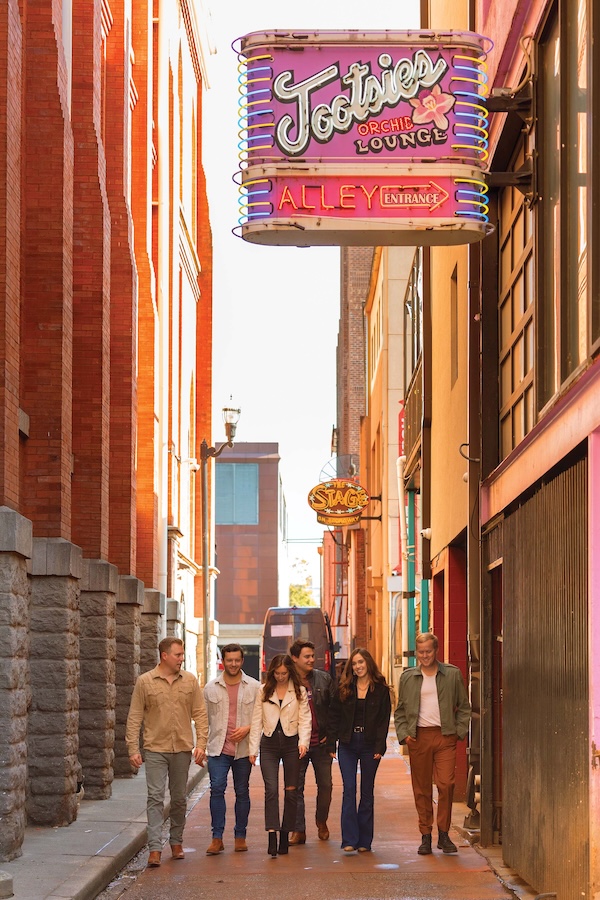
EVEN BEFORE graduation, Taylor had Nashville in his sights, making one-day trips to write and meet with mentors — including Albert and McCann. The rest of these songsmiths spread far and wide after leaving Wake Forest, from New York to Tokyo. Yet one by one, they found their way to Music City, reeled in by the community of like-minded artists.
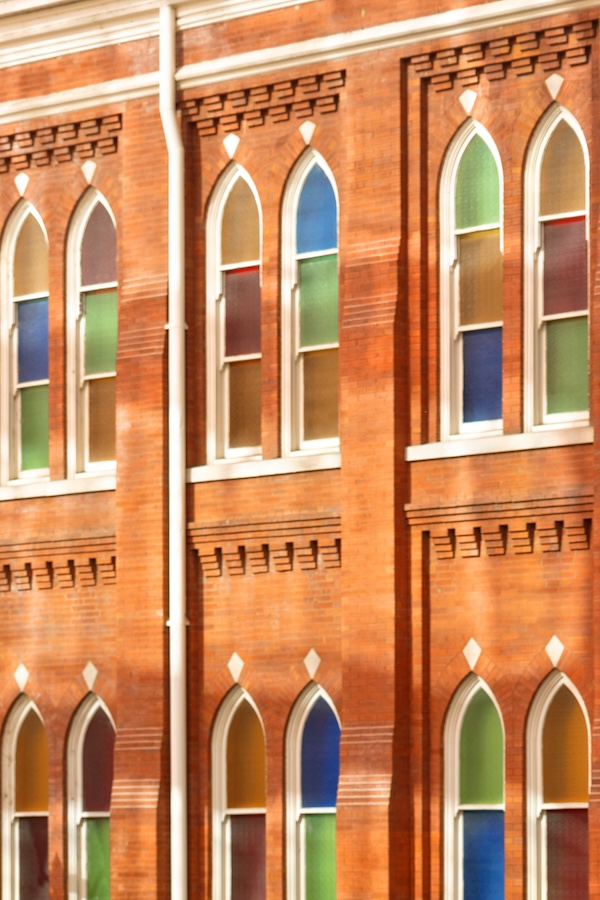
Amy Kurland, founder of The Bluebird Cafe, world renowned as the go-to venue for singer-songwriters, once observed in an interview with The Legacy Lab: “Songwriters tend to be people from out of town — nomadic people who just moved to Nashville. They’re really looking for a place they can connect to and feel at home.”
As Wake Forest singer-songwriters know, those connections can make all the difference in this creative field. “Until you get here, you don’t know what you’re missing,” Harrison says. “The thing Nashville’s big on is writing together. A bunch of buddies will come to my house for a session, and you’re in a room together, and there will just be a sense of something there, like a story. It’s a creative impulse.”
Albert agrees: “You just can’t do this anywhere else.”
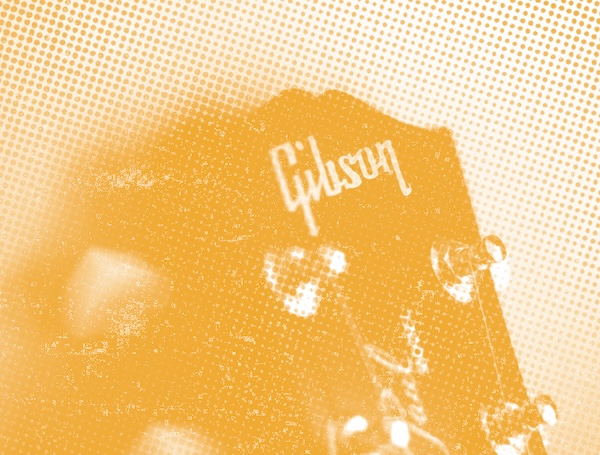
What sets this town apart, they say, is the deep bench of local talent these writers have come to know as collaborators and friends. They also appreciate the way the music industry in Nashville provides equal credit —and payment — to everyone involved in creating a hit. (That’s in contrast to the way they’ve seen it work in Los Angeles and New York.) Plus, it’s still a thrill to bump into role models and mentors, whether it’s at Publix or the legendary Bluebird. (Watch closely, and you’ll probably notice songwriters in the aisle typing material for future lyrics into their phones.)
They always have a place to go to hear live music, from downtown’s honky-tonks to the Ryman Auditorium (original home of the Grand Ole Opry) to strip-mall spots hosting songwriter showcases. The Wake Forest minstrels love the city for the vibrancy that fuels their creativity while still feeling friendly and livable. Music City loves them back.
“Songwriters are the heart of Nashville,” says Mary Craven (Hines) Dawkins (’03), a professional photographer who has made her home here (and whose photos grace these pages).

The city’s songwriting roots go back at least a century to 1925, when far-reaching radio station WSM started a show that became the “Grand Ole Opry,” igniting passion for country music across the United States. In 1942, show host Roy Acuff and songwriter Fred Rose set up the city’s first music publishing company on what became Music Row. A record-pressing company (still operating today) and recording studios soon followed. Songwriters crowded into the neighborhood’s Victorian houses, with many gingerbreads eventually making way for sleeker midcentury music studios and offices.
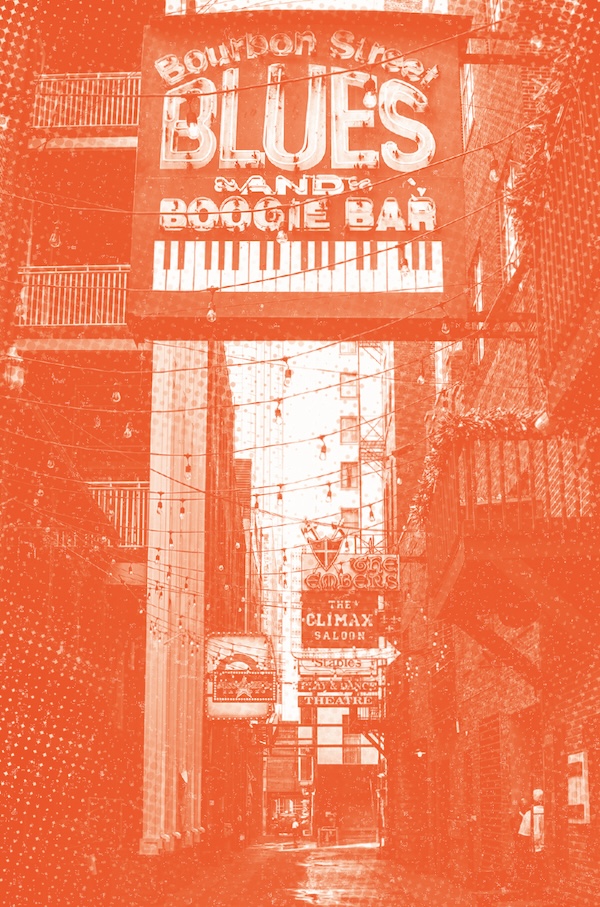
Today, songwriters here find special value in professional programs designed to open doors and provide visibility, along with myriad venues where these Wake Foresters love to test their latest work on seasoned, appreciative audiences.
“It’s not unusual to see a cluster like this from one school,” says Bart Herbison, executive director of the Nashville Songwriters Association International. “Songwriters come here because this is their last creative community.”
And the draw goes beyond music. In 2024, 86 people a day moved here, making it the country’s 10th fastest growing metro area with a total population of 1.3 million, according to Exploding Topics, a census-data cruncher. Neighborhoods around downtown are gentrifying, and high-rise condos are pushing upward to accommodate workers at the corporate headquarters of Bridgestone Americas Inc., Nissan USA and other well-known companies around the metro area. The skyline is filled with cranes; construction detours are the norm.
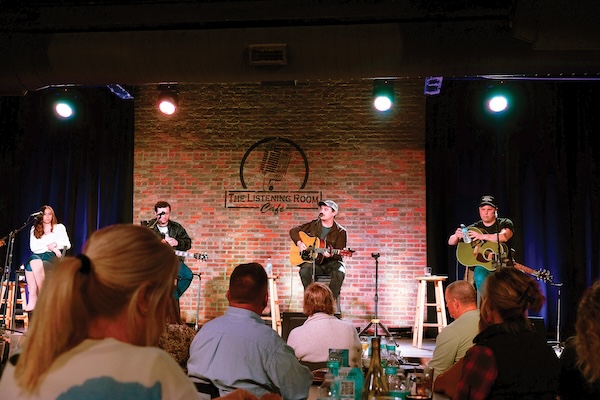
Tourism is breaking records, with nearly 17 million visitors coming to town in 2023. Busloads of bachelorette partygoers loop lower Broadway’s bars at all hours of the day and night. The Country Music Hall of Fame doubled its size a decade ago. Gibson, the iconic guitar maker, has opened an 8,000-square-foot flagship store just a few blocks away.
DESPITE the city’s growth and music tourism, Herbison at the songwriters’ association notes a downside: Industry headwinds are making it tougher to sustain a long-term career as a songwriter. Increasingly, performing artists want a hand in their songwriting, along with a cut of the profits, making everyone’s piece of the pie a bit smaller. Meanwhile, publishing houses, hurt over time by the switch to digital music and streaming, have slashed the number of songwriters they offer contracts, making the profession increasingly freelance and fickle.
“Instead of signing dozens of writers, even the biggest publisher in town will sign a handful,” Herbison says. “You’ve either got to be a chameleon and write from a big artist’s mentality, or if you’re the artist trying to make it on your own, your biggest challenge may not be writing the song. It may be cutting through the white noise of social media. You’ve got to find your audience.”
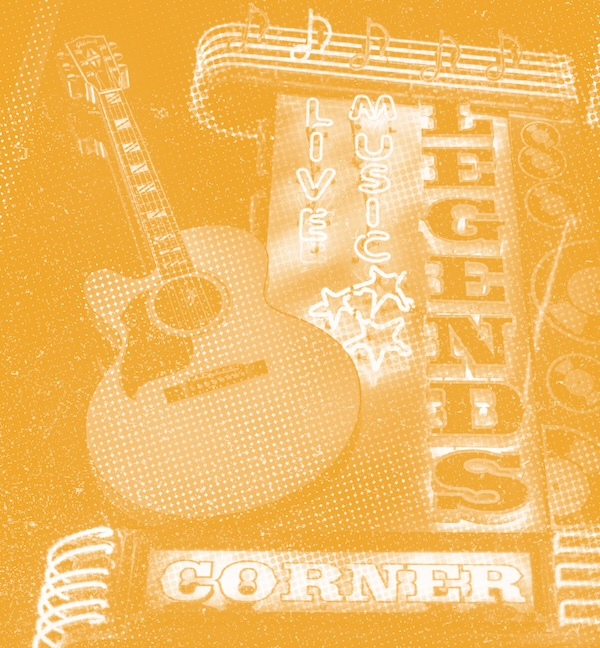

The challenges play out in the younger Wake Foresters’ experiences: Taylor is on the road roughly 200 days a year. The Hobbs Sisters pitch in at their family’s property management company. Harrison DJs weddings and writes for hire to fund his own work.
Still, these Nashville Deacs are finding a way to spend the bulk of their days creating songs, whether they’re performing their own work — or writing No. 1 hits for Grammy winners.
Dan Harrison Segall (’15)
Artist name: Dan Harrison
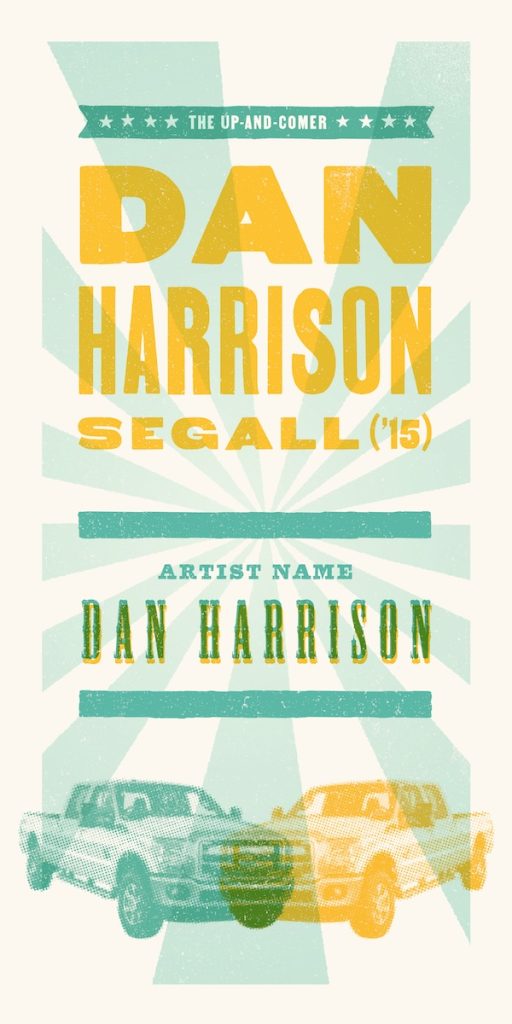
HARRISON HAS PLAYED guitar since middle school in suburban Philadelphia, but when he came to Wake Forest, he was focused on running track. That is, until he found himself driving around with first-year friends in a pickup truck — listening to country music. And when his girlfriend, who booked acts for the Student Union, introduced him to the music of Eric Church and took him to a Brad Paisley concert, Harrison was completely hooked on the idea of country-music songwriting.
He had thought about writing his own tunes in the past, but he hadn’t felt comfortable with the typical rock and hip-hop themes of fast cars, partying and bling. But when Harrison started listening to country, “I realized that you could write about anything,” he says.
His songwriting aspirations simmered on the backburner while he studied philosophy, Spanish and film studies at Wake Forest. After graduation, he headed home to Philly, working an office job and considering law school seriously enough to take the LSAT twice.
But on a trip to see an old roommate who had moved to Nashville, he felt such a strong pull that “it was basically two-and-a-half years of me figuring out how to get here,” he says.
In 2018, Harrison made the move, waiting tables at The Listening Room so he could keep his days open for co-writing sessions with other songwriters, sometimes packing in three a day. “When you’re early on, and you’re figuring out the craft, you’ve got to write like crazy. But you can drain yourself pretty quickly,” he says. “I finally decided I’d rather write fewer great songs than more OK songs.”
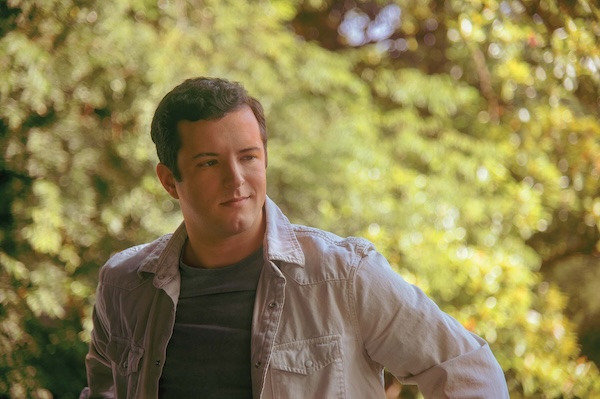
He draws inspiration from being a relative outsider: a California-born, Philadelphia-raised kid who fell in love with the South and country music. Some of his recent releases chronicle his pursuit of the songwriting dream: “I Go To Church” references his admiration of country star Church, the big motivation for his move. Then there’s “Traded for a Truck,” about a teenager who drives a hand-me-down “little foreign four-door” that he’s happy with until a truck pulls up next to him at a traffic light. “I never had a truck,” says Harrison, who dropped his last name because it was hard to spell, and he thought Harrison sounded more country. “But now, being down in the South and having a ton of friends that have had trucks, I kind of wish I did.”
In all, he’s released more than a dozen songs as a solo artist. A cut he wrote with Belles, “All Hat No Cowboy,” has more than 4 million views on TikTok. “Friendly Fire,” which he co-wrote with another young songwriter to highlight mental health challenges for military veterans, won the 2021 ASCAP Foundation Jay Gorney Award and was a 2022 Bluebird Cafe Golden Pick. Harrison has shared festival bills with Lady A, Lainey Wilson and Blake Shelton.
In 2023, he was picked for an ASCAP program that helps promising, unsigned songwriters get more attention. Country music bloggers have called him an artist to watch. (ASCAP, the American Society of Composers, Authors and Publishers, is a longtime nonprofit that collects royalties on behalf of members and their copyrighted work.)
As Harrison’s career gains momentum, he continues to work toward his biggest goal: “I haven’t had a major,” meaning a hit song, he says. “But you’re only ever one song away. That’s what keeps me going.”
Mark Sucoloski (’22)
Artist name: Mark Taylor
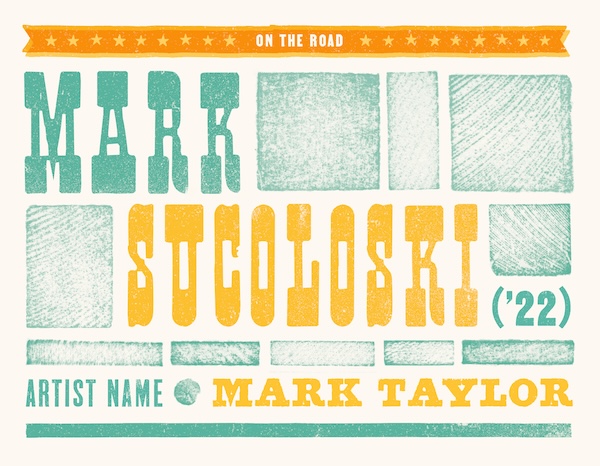
TAYLOR CAME TO Wake Forest from Baltimore to sing in the concert choir and study business. He soon switched to communication and entrepreneurship, subjects that came more easily and allowed him to carve out time to play gigs on the road and Thursday nights at Shorty’s back on campus.
With plans to become “a big entertainment attorney,” Taylor interned one summer with a music industry-focused law firm in Nashville. Almost instantly, he realized that he lacked the fortitude for the actual work: “I got through about the third page of the U.S. Copyright Act and said, ‘I’m not very good at the whole reading and remembering thing.’ And they said, ‘What else can you do?’ I was like, ‘I can write songs a little bit.’”
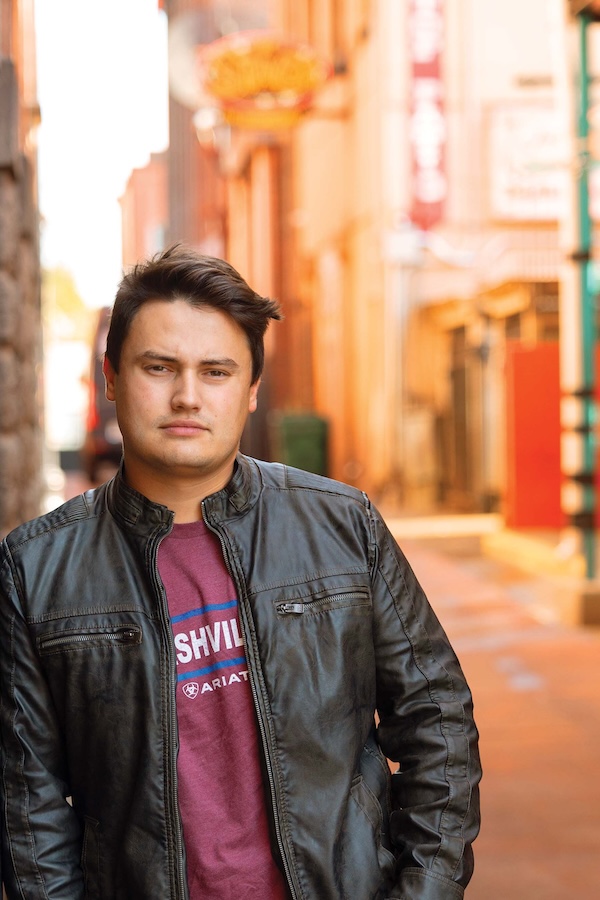
The firm had recently started a music publishing unit and was working with Amii Stewart, a disco and soul singer best known for her 1979 hit “Knock on Wood.” Taylor helped her write a new song, “Perfectly Beautiful,” and suddenly had his first publishing deal.
Songwriting “was always something I thought I wanted to do, but it was like a dream you don’t think is actually attainable,” Taylor says. His father, an insurance executive, plays in a band “in dive bars in Maryland,” so Taylor had always seen music as a fun pastime rather than a potential profession. Writing Stewart’s song changed his perspective. “I just naturally started coming down here, six hours door to door, twice, three times a month,” he recalls.
What followed was senior year straddling two towns — Nashville and Winston-Salem. Taylor would cram three songwriting sessions and multiple coffee meetings into a single day by taking budget flights out of Raleigh that left at 5 a.m. and returned around midnight.
On one longer trip to Nashville, the night before Taylor had to take a sociology exam back on campus, he and Harrison wrote “Dust Off That Dirt,” the first big single Taylor released on his own. “It ended up being a massive song for me, but I had to hightail it back and barely made it into that classroom,” he says. “I drove through the night but made it just in time and got just enough of a passing grade to graduate.”
Taylor’s most popular song so far, “Brooks & Done,” came together when he shared his love of ’90s country with Harrison and hit songwriter Steve O’Brien, who co-wrote “Rock My World (Little Country Girl)” for Brooks & Dunn. “Dan brought this clever hook to us, and before we knew it, we were name-dropping many song titles from this iconic duo in our song,” Taylor says.
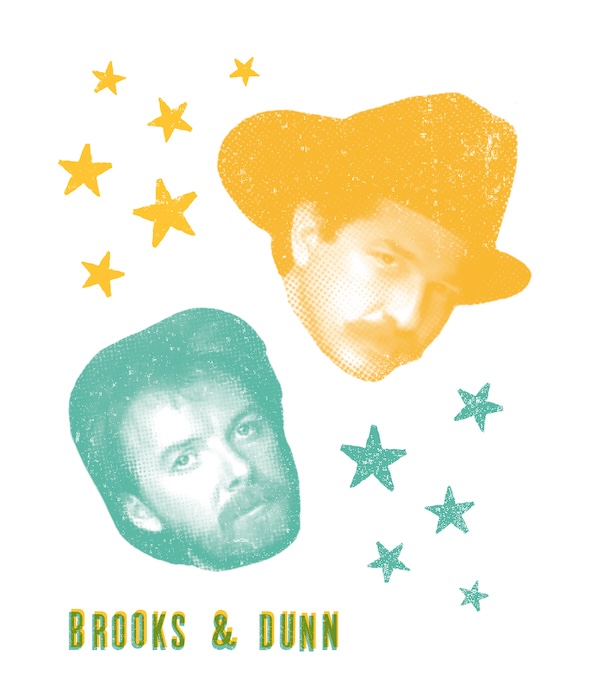
His first songwriting sessions took place over Zoom, from his dorm room, during the COVID-19 pandemic. One tune, “Remember The Party,” was inspired by his many nights at Deacon’s Station, an off-campus apartment complex where he wrote much of his first album.
Post-pandemic, Taylor happily shifted to “the face-to-face connection of being in the room. There’s nothing like it. You walk in and tell everybody anything you’ve ever thought of in your entire life and hope that a song comes out of it,” he says.
“Remember The Party” climbed up the U.K. country charts after being used in a TikTok dance. Another song Taylor wrote for Whey Jennings, “Just Before the Dawn,” hit Norway’s top 10 and the Apple iTunes Top 40 Country Chart. “You never know what’s going to happen. You’re literally taking shots in the dark,” Taylor says. “It’s terrifying a lot of the time, but it makes me want to work harder for it, because the little taste of success that I’ve seen is so addicting.”
Taylor now leads a touring band that plays 150 shows a year (he and Harrison both played Wake Forest’s DEACTOWN fan zone before football games last fall). In August, Taylor and his band toured 30,000 miles in 30 days, hopscotching from Ireland to Alaska, Boston, New York and many stages in between. This summer, he’s sharing festival bills with Lainey Wilson, Gary Allan and Tyler Hubbard.
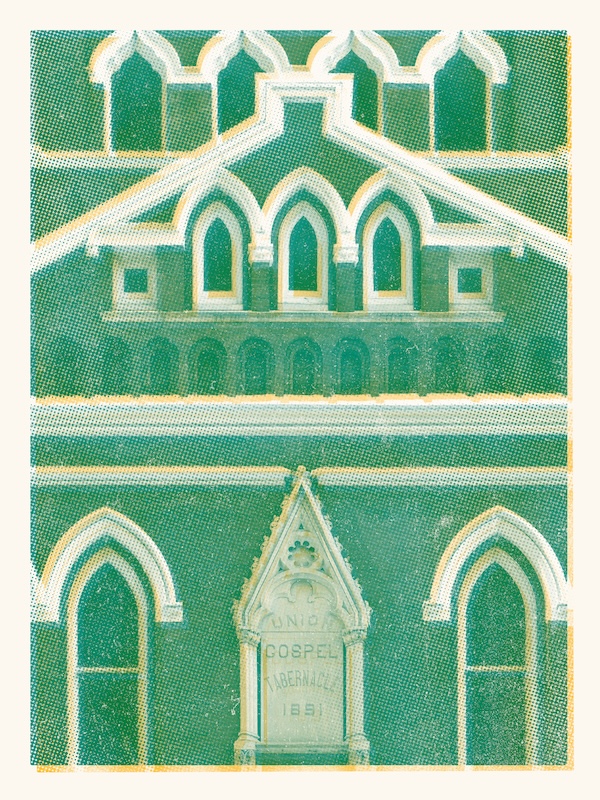
At age 25, Taylor is running his own show, touching base almost daily with eight to 10 musicians, production folks and publicists, while also touring steadily and writing 120 to 150 songs a year. He’s engaged to marry his high school sweetheart this fall. And he’s the face of Cali Distillery’s Steel String Bourbon Whiskey. Sometimes, he finds himself wondering if it’s sustainable.
He got his answer while touring in Alaska. He gets a lot of radio play there, and “everybody knows all the words to my songs,” he says. “I traveled 5,000 miles … to have several hundred people singing the words to my songs back to me.”
Someday, Taylor dreams, he’ll have that experience in sold-out stadiums across the country.
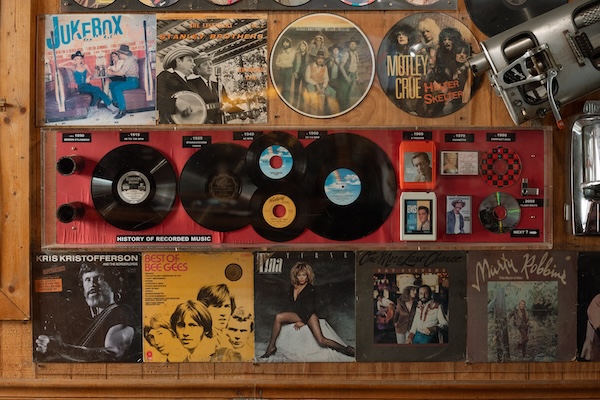
Hannah Hobbs Wolf (’14) and Lauren Hobbs Yakopin (’14)
Artist name: The Hobbs Sisters
IDENTICAL TWINS Hannah Hobbs Wolf (’14) and Lauren Hobbs Yakopin (’14) never imagined doing anything other than singing country music. They grew up accompanying their grandfather, “Pappaw John,” who played guitar and banjo by ear, and singing in church choirs in their hometown of Venetia, Pennsylvania. “Singing made us happy,” Wolf says.
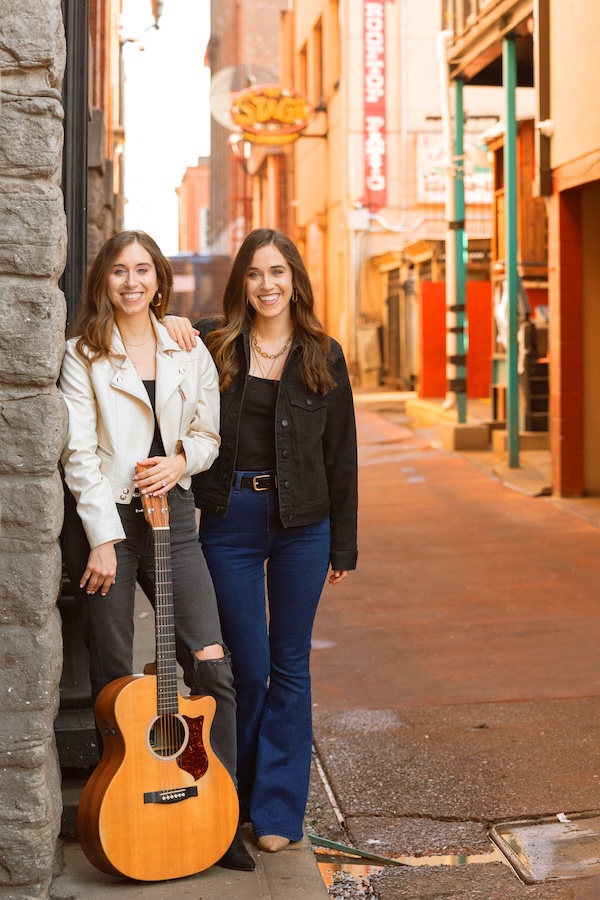
Their father was a devoted country music fan, and they aspired to follow in the footsteps of Shania Twain and Martina McBride from an early age. After years of studying piano and voice and singing in their high school’s unique barbershop quartet, they landed at Wake Forest. They chose it together for its feeling of community, and they both majored in communication and joined Minor Variation, an a cappella group.
The Hobbs sisters got their first taste of Nashville during spring break their junior year, when their father drove them to a weeklong songwriting workshop — and they found themselves surrounded by much more experienced musicians. Yakopin remembers thinking, “Wow, it’s not that our songs are bad, but we have a lot of room for growth.”
When the duo graduated, they made Pittsburgh their home base for playing regional fairs, festivals and casino shows, and were soon opening for stars from Charlie Daniels to Lady A.
As they grew more comfortable on the festival circuit, they started working in more of their own material — and that meant more trips to Nashville to work with other writers. By 2017, the sisters were making the nine-hour drive south to Nashville, and sleeping on a good friend’s couch, at least once a month. “We found people here to be super generous with their time and willingness to write a song with you, and when we weren’t here, we found ourselves craving being around that community every day,” Yakopin says.
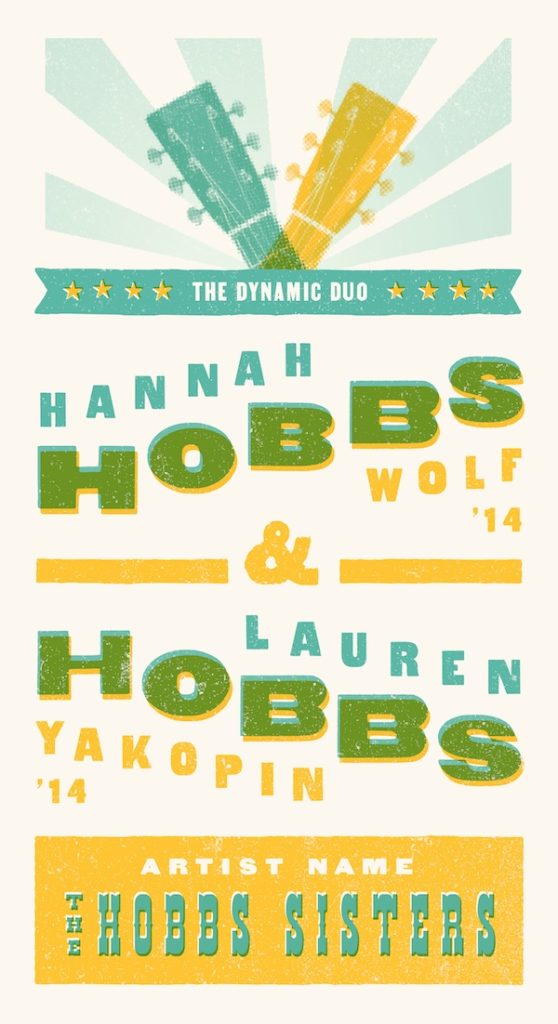
That December, they made the move. “No matter where you’re from, the typical performing experience is you play a lot of bars, you play primarily cover songs — what people want to hear. And then you come to Nashville, and so many of the performing opportunities are writers’ rounds,” Wolf says. “It was eye-opening for us … that we could play out these songs that we wrote and not just have to do all those standard cover country songs.”
In 2021, the sisters had enough songs under their belts to release “Turn It Up,” their debut full-length album. American Songwriter describes their sound as “so strong it can blow your hair back, yet, so precise that the voices still sound like one.” Critics talk about their “relatable” lyrics, often involving relationship problems and emotions. Yakopin married in 2022 and Wolf in 2024. Recent song titles include “Never Find Another” and “Harder Than a Diamond,” which they wrote a month after Yakopin’s engagement.
They take turns as the lead in both singing and songwriting. “It’s all about balance. We are fully equal parts,” Wolf says. “We’ve had people ask, ‘Did you ever want to each have solo music careers?’ And truly it’s like we never even ever walked down that road. It was always just unspoken: We are going to do this dream together.”
They are working on their next album with a Grammy-nominated producer while touring in new states and ticking off classic Nashville writers’ rounds from the Bluebird to Whiskey Jam and Song Suffragettes.
“What I love most about songwriting is taking an idea that meant something to us and finding other people in the world that it means something to,” Yakopin says.
Charlie Januszewski (’17)
Artist name: Charlie Brennan
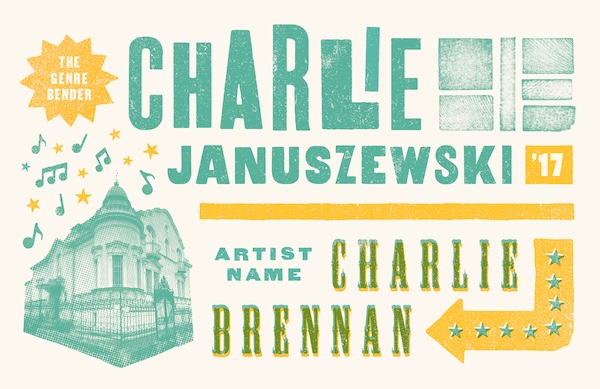
CHARLIE BRENNAN (’17) set out to be a psychologist, not a songwriter. But he changed his tune when “Let Me Be,” a song he wrote while studying at Wake Forest’s Flow House in Vienna, hit No. 11 on Spotify’s “Viral 50-Global” playlist in 2016.
A self-taught pianist and guitarist who started experimenting with composing software at age 12 in his hometown of Greenwich, Connecticut, he worked with a producer in nearby Stamford during high school, releasing his music under the moniker Charlie Brennan. One of his songs, “The Ocean,” wound up in a Pepsi campaign. While he was studying at Wake Forest, American Eagle stores were playing his tunes.
Upon graduation, Brennan headed to New York, released his first album and played his signature blend of pop, folk and Americana to sold-out crowds at hot spots including the Bowery Ballroom.

Then Nashville came calling in the form of Nicolette McCann (’17), a creative-writing classmate from his Wake Forest days who had gone to work for a music publisher. She kept inviting him to visit, insisting that he would love getting to work with other writers. When he finally made the trip, he decided to stay.
“I had never written with anybody before. I had been totally solo,” Brennan says. “Nicolette set up a week of writing with other songwriters and meetings with publishers, and she’s the reason I moved here. … I will sing her praises forever.”
He dove into back-to-back co-writing sessions almost every day. “You get together like a meeting, sometimes at a publishing office and sometimes at someone’s house in their living room, and you get really personal, really fast. I think that’s where my psych degree comes in,” he says. “I’m like, ‘Let’s get right into your trauma. Let’s write something about it.’”
When Brennan told his New York friends he was moving to Nashville, they assumed he was going country. “But really, all genres are happening here,” he says. “It felt like home right away.” He no longer needed a side job to pay the rent, and he had space for a piano at home for the first time. Brennan also was able to put together a support team here that includes a manager, graphic designer, videographer, photographer and distributor.
The move came with some surprising experiences. Through networking with a music editor, Brennan wound up with a song (“Broken Cities”) on the soundtrack for the 2023 “Teenage Mutant Ninja Turtles: Mutant Mayhem” movie.
And his lyrics for Spencer Crandall’s hit, “7 and 70,” made their way onto a fan’s tattoo, which he spotted at a concert. “He has mega fans, and that was my first major cut where I was seeing a fan response to something I write, and I wasn’t up there singing it,” Brennan says. “It was really cool to see that, and the tattoo was wild.”
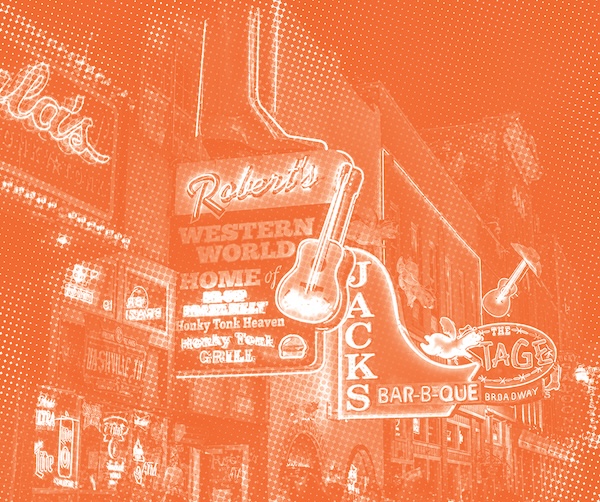
His own profile as an artist is rising as well, with an extended play release, “The History of Everything We Went Through,” in 2023 winning first prize in the Folk/Americana category of the New England Songwriting Competition and an honorable mention in American Songwriter’s 2022 Song Contest. He released his latest album, “High Water,” last fall with a sold-out party at Arlene’s Grocery in New York.
Brennan finds it easier to perform in New York for strangers than in Nashville. “I love playing New York. It’s my favorite,” he says. “I have a little bit more nerves when I play here because I’ll have friends who are major artists in the crowd, and I’m always like, ‘Oh my God, do they think I’m good?’”
Songwriters joke that when people make it big in Nashville, they go back to their hometown and buy a big spread. And Brennan concedes that he misses the ocean. But for the moment, Nashville is a great fit.
“I just know what I’m doing is right for me right now, and I want to continue my artist project, writing music for me, touring, playing shows. I’d love to join a bigger tour and travel the world. I love writing for other artists, so I’m continuing to do that,” he says. “Just putting my eggs in every basket and seeing what works.”
The most rewarding part: “Someone reaching out and saying, ‘I love this song so much. It changed my life,’” he says. “That’s what you aim for when you write music. You want to be able to reach out and help someone in some way.”
Andy Albert (’08)
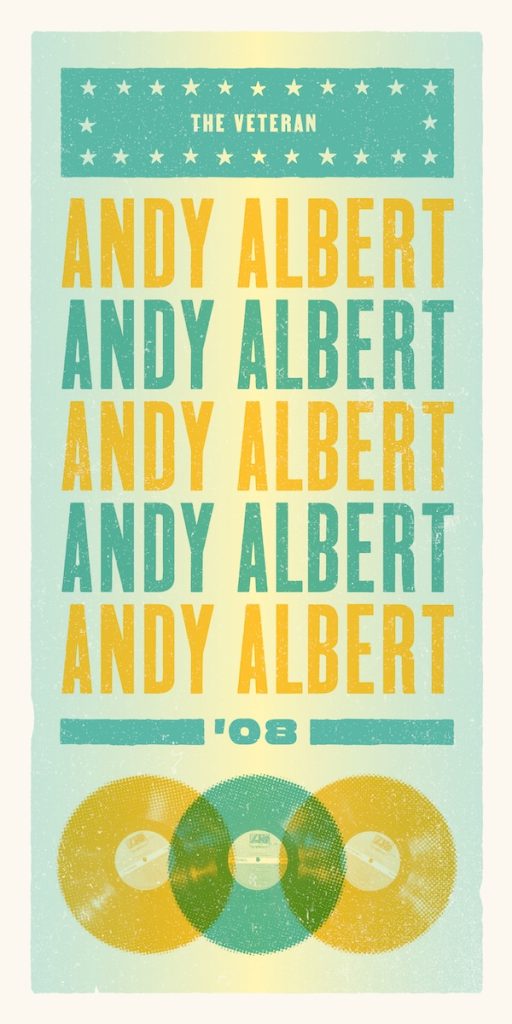
YOU MAY NOT HAVE heard of Andy Albert (’08), but you’ve probably heard his work. He spends his days collaborating with the likes of Blake Shelton, Carrie Underwood and Dustin Lynch. In 2024, about 24 million Spotify listeners streamed songs he wrote 242 million times.
And Albert didn’t even realize songwriting was a career path until after he moved to Nashville.
At Wake Forest, where he majored in economics and minored in entrepreneurship, Albert would spend afternoons and evenings on homework and then stay up writing songs in Scales Fine Arts Center till 3 a.m. Weekends meant touring with his pop-rock band, Holiday Parade. When the band got a record deal in Japan, Albert left school. Back in Roswell, Georgia, his parents “didn’t love it when it happened, but there was no looking back for me,” he says.
Still, Albert credits what he learned at Wake Forest as intrinsic to his success: voice lessons with the late Professor of Music Richard Heard; entrepreneurship professors helping him put out his first EP and create a marketing plan that led to selling 300,000 singles. (Wake Forest assigns a class year to every student, including those who didn’t graduate — like Albert and, for example, Demon Deacon athletes who left and went pro.)
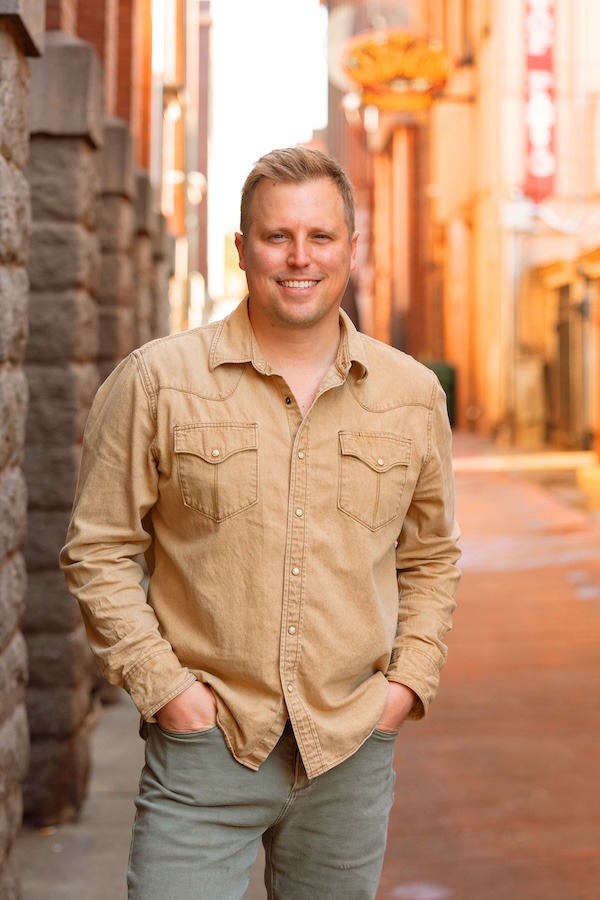
By 2010, Albert’s band had run its course. He and fellow musician Dan Smyers started a new group, Bonaventure. They were living in Atlanta and Pittsburgh, respectively, and needed to find a place they could both call home. An executive at what was then Island Def Jam Music Group in Atlanta suggested Nashville, where rock bands including Kings of Leon and MONA were making a name for themselves. The duo couldn’t afford to move to LA, so they decided to give Nashville a shot.
“It was honestly out of necessity,” Albert says. “We got a terrible little house, but it was enough.” When they “couldn’t get the ball past a certain point on the field,” he says, they split up. Albert started writing music full time. Being in Nashville had made him realize that songwriting “was a career path I could take,” he says.
Albert signed a publishing deal with Downtown Music Publishing in 2014 and made a name for himself as a prolific songwriter in many genres, including pop, rock, Christian music and a wide range of country. “I like doing all sorts of different kinds of music in different styles,” he says. “When you’re an artist, you have to really be one thing and have a sound and an identity. I wanted to be too
many things at once — which pays a lot of dividends as a songwriter.”
In 2023, Albert won first place for Country in the American Songwriter Song Contest with two other songwriters for “Comeback Kid.” He has credits on gold records and No. 1 hits on several charts, with many streamed hundreds
of millions of times.
He still collaborates with Smyers, now half of the successful country duo Dan + Shay, and a song they wrote together, “Bigger Houses,” became a
No. 1 country hit in January.
“You come up with a class of people in town, you start off playing small writers’ rounds and meeting them through co-writers or friends,” Albert says. “And then all of a sudden somebody gets a record deal, and then somebody else gets a record deal, and you’re all still writing songs together, and then you get a single on them, and everyone bubbles up together as a class.”
Sometimes, to get a creative boost, he joins other songwriters and artists
on retreats — often in a cabin in the woods, and for the past two winters,
in Hawaii for a week with a crew corralled by Liz Rose, an early collaborator with Taylor Swift.
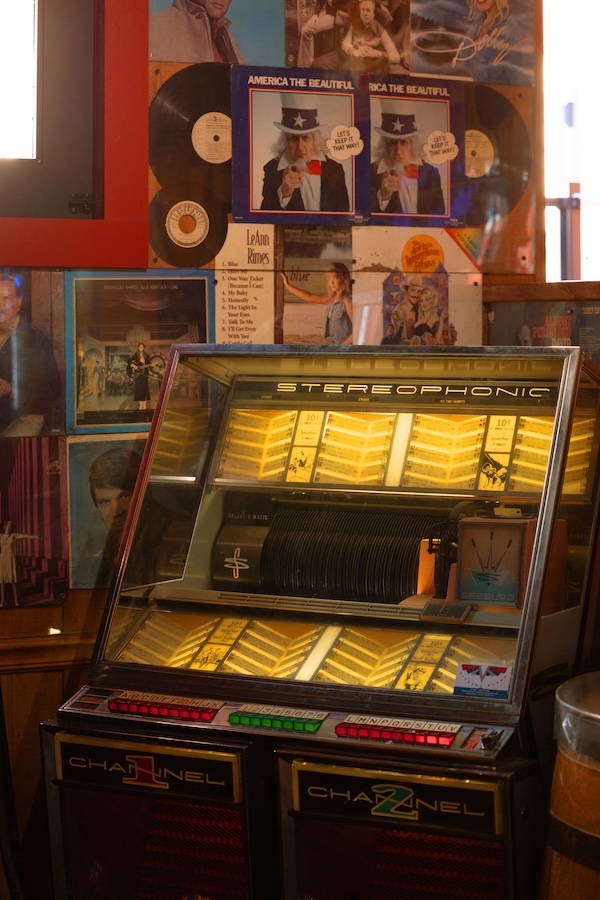
Albert appreciates Nashville’s equitable approach to splitting royalties among collaborators. In Los Angeles, “they kind of nitpick sentences or ideas or concepts and kind of just shift percentages along the way,” he says. “But the view here is that everyone has a different role on different days. You’re in the room with people you respect, and it’s about getting the best song possible, not about getting your contribution on the song. So, you’re fighting for the best line as opposed to fighting for your line.”
Albert keeps a notes file on his phone with thousands of ideas. He’s constantly jotting his thoughts, often inspired by family life, including his two preschool-age sons, he says. When he’s working with an artist for the first time, “you spend the first hour just talking, getting to know them and where their head’s at and their heart’s at.”
Sometimes Albert scrolls through artists’ Instagram posts, spots a “caption they say about their family or their wife or something and pick a phrase from that” and proposes turning it into a song. He often writes two songs a day, four to five days a week. When he’s not holding court in a publisher’s writing room, he’s working on his back porch, overlooking pine trees.
There are days, he says, when “I’m on fire and just light up with an idea, and some days I’m sitting back and letting someone else do that job if they’re on a roll. … It’s all about just seeing where the fire is that day.”
Nicolette McCann (’17)
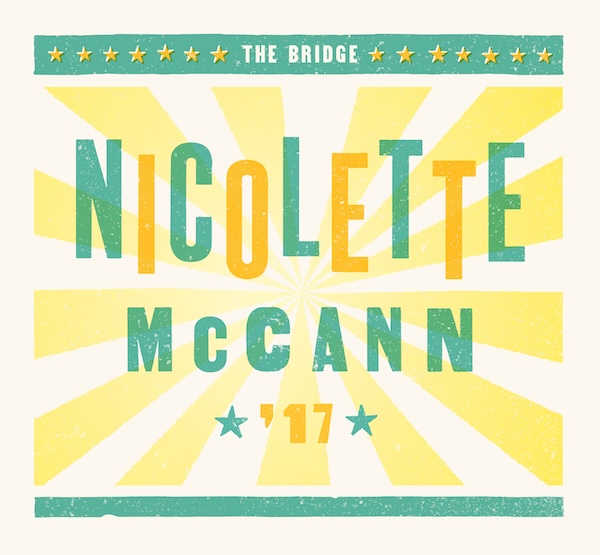
NICOLETTE McCANN, now an artist manager in Nashville, helped the Deacon songwriters come together. She sang a cappella at Wake Forest with The Hobbs Sisters. She and Brennan camped out together at Z. Smith Reynolds Library on Friday afternoons, writing essays that were due at 5 p.m. Taylor, part of their “brother” a cappella group, tracked her down when he started making trips to Music City.
“We all just wound up finding each other,” she says. Now, they are deepening those ties with regular get-togethers. Sometimes, Harrison joins Taylor on tour. And, for the past three years, they have entertained fellow alumni with a February showcase at The Listening Room that is quickly becoming an annual tradition.
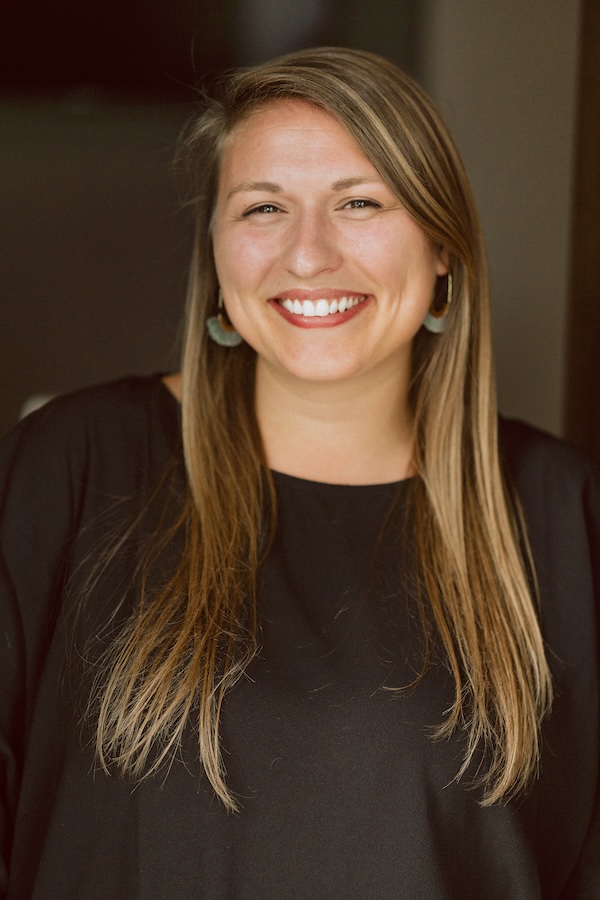
Back at the gathering over burgers, the songwriters remember their amazement when they first looked out on a Nashville audience loaded with Wake Foresters. Alumni here help power the law firms, music studios, publishing houses and other businesses that play a crucial role in the music industry’s success. Many Nashville Deacs have encouraged their own college-age children to head east to Winston-Salem. (Maybe the best-known Wake Forest parent in Nashville circles is Ashley Gorley (P ’26), a highly acclaimed songwriter and publisher who has written more than 70 No. 1 hits.)
What started for each of these Wake Forest songwriters as a solo, or duo, journey to Nashville has turned into a homecoming of sorts. McCann, who manages singers as her day job, delights in seeing audiences embrace their work. “It’s just so fascinating to watch their careers. They are all such a success,” she says. “They are able to support themselves doing what they love.”
